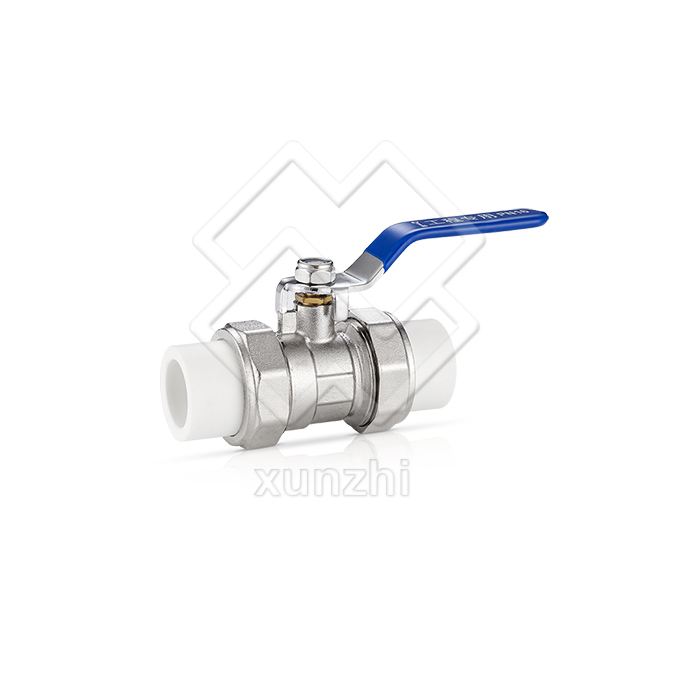A custom brass fitting is a fitting made of brass or an alloy of brass and another metal. During the manufacturing process, the fitting undergoes threading or tapping. Threading creates a male or female end, while tapping creates a tapped end. Both methods can be adapted to fit different applications and structures. When creating custom brass fittings, the client and the manufacturer collaborate to create the fitting's specifications. The next step in the manufacturing process involves selecting the appropriate brass material and performing testing. Then, the material is shaped according to the specifications of the fitting.
Metallographic tests are also performed to determine the physical properties of a fitting. A charpy impact test can determine the energy absorbed by the fittings up to fracture. Other tests include x-ray fluorescence, radiography, and hydrostatic testing. These tests will reveal any flaws in the fittings and help ensure their performance. The manufacturer may also conduct material testing before starting the forging process. Lastly, a dye penetrant test can be conducted to detect surface cracks and porosity.
While brass is a highly durable material, it should only be used under ideal conditions. When exposed to high temperatures, brass becomes softer and prone to general corrosion. Additionally, if custom brass fittings are not sized correctly, they will lose their mechanical properties under high pressure. In optimum conditions, brass fittings can withstand pressures of up to 3000 psi. In contrast, steel fittings can withstand up to 10,000 psi. This makes steel fittings more common in industrial applications. However, they are more expensive than custom brass fittings.
When it comes to brass fittings, the lead-free variety is an excellent choice. This type of fitting can be used in different applications, and comes in a variety of sizes. The company also offers corrosion-resistant products with a maximum working pressure of 200 psi. Moreover, these fittings require no solder and provide a five to 25-year limited warranty. They meet the requirements of various industry sectors, including military, automotive, and construction.
Brass is a versatile material and can carry fluids and gases without leakage. It is available in a variety of shapes, sizes, and thread sizes. Brass fittings are also used in automobiles for air brakes, hose ends, and fuel lines. These fittings can also be used to make refrigeration coolers and ballcock adaptors.
Brass is a much more malleable metal than steel and iron. This property allows for the fittings to be customized to fit a unique plumbing location. It is also resistant to corrosion, which is essential for transportation of hot liquids. Brass fittings also enhance the efficiency of a water system. As a result, it is the best choice for residential and industrial plumbing needs.
Brass elbows are one of the most common fittings in the construction and plumbing industry. There are two types of brass elbows - standard elbows and radius elbows. You can even get custom elbows made to meet your needs. Radius elbows come in short and long radius configurations.
 XFM01010 Brass Body With Handle Nickel Plating PPR Double Plastic Ball Valve
XFM01010 Brass Body With Handle Nickel Plating PPR Double Plastic Ball Valve
Product Details
| Location: |
China |
| Business Type: |
Manufacturer, Exporter |
| Brands: |
Xunzhi, OEM |
| Certificate: |
CE, ISO9001:2015 and etc. |
| Terms of payment and delivery: |
Pay 30% deposit before producing and70% balance against copy of documents |
| Minimum order quantity: |
No minimum |
| Price: |
Consultation |
| Packing details: |
Box Packages |
| Delivery time: |
10~25days |
| Payment method: |
Common way is by T/T. L/C is also acceptable. |
